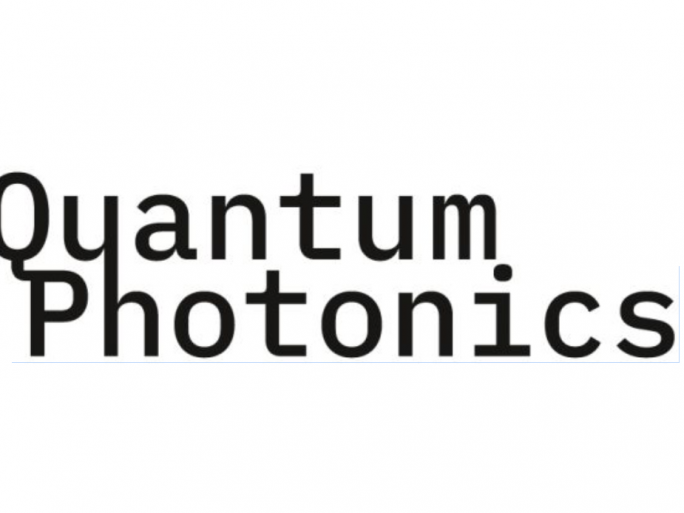Merging Two High Technologies: Quantum and AI

Event: User Conference and Trade Exhibition “Quantum Photonics” on May 13–14, 2025, in Erfurt
At first glance, quantum technology and artificial intelligence may not appear to have much in common. Yet both fields face the challenge of solving highly complex optimization problems. Moreover, these two approaches can benefit from each other’s strengths and drive mutual advancement. “On the one hand, artificial intelligence can enhance quantum technologies; on the other hand, we can use quantum computers to improve AI algorithms,” says Professor Martin Gärttner, quantum information theorist at Friedrich Schiller University Jena.
Expertise from Industry and Academia
Experts from both industry and academia will explore the general and in-depth potential of these two technologies at Quantum Photonics on May 13 and 14, 2025, in Erfurt. “The speakers come from a variety of professional backgrounds, providing both business and scientific perspectives on this exciting topic — giving us a well-balanced mix of industry insight and academic research,” says Gärttner.
Quantum Error Correction
To get the most out of quantum computing, simulation, and communication, complex optimization problems must be addressed. One example is quantum error correction, which relies on measurements involving numerous qubits: based on the resulting data, the task is to reconstruct the type of error that occurred. “Once systems reach a certain scale, it becomes difficult to develop reliable algorithms for this task. Reinforcement learning can help,” explains Gärttner. This technology, known from AI systems that outperform humans in games, can be applied by framing the challenge as a game — where an agent on a simulated quantum computer repeatedly prepares quantum states, measures error states, and attempts to locate the fault. In doing so, AI can develop sophisticated strategies for quantum error correction.
Conversely, artificial intelligence can also benefit from quantum technologies. When it comes to training neural networks — generative models that produce text or images like ChatGPT — the process also involves optimization. The hope is that quantum computers could solve these optimization problems more effectively and efficiently than classical computers.
Thuringia: A Hotspot for Quantum Technologies
There is a reason the Quantum Photonics fair is taking place in Thuringia. The region combines a long-standing high-tech tradition with cutting-edge developments in quantum technologies. The Fraunhofer Institute for Applied Optics and Precision Engineering (IOF) in Jena, along with the University of Jena, are among the international leaders in the field. Thuringia thus offers the ideal setting for the new Quantum Photonics exhibition.